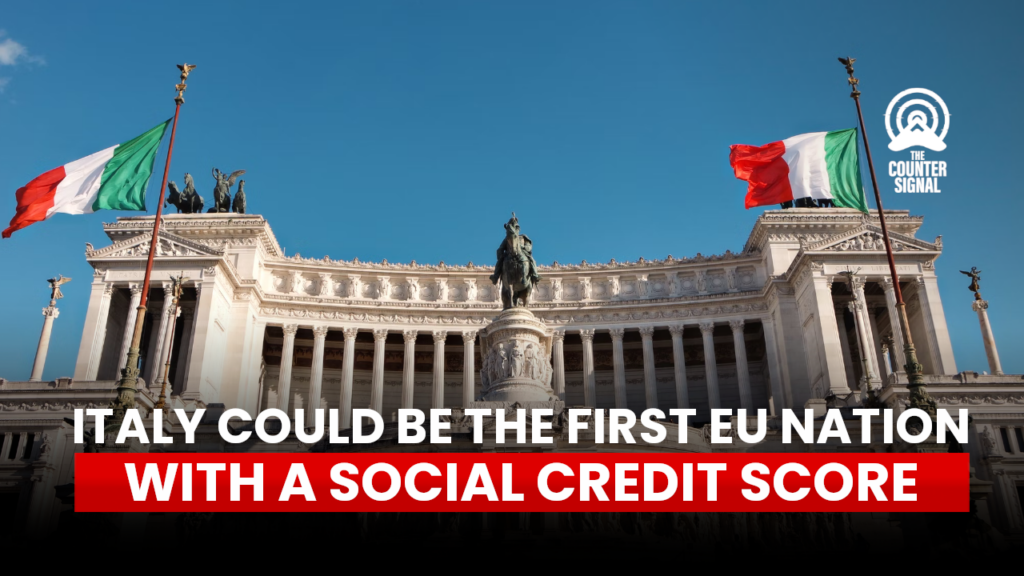The municipality of Bologna, Italy, is rolling out a soft social credit score in the Fall, the first of its kind in Europe.
According to an article from Corriere di Bologna, the municipal government is introducing a “smart citizen wallet” that can receive “digital points” based on whether a citizen has demonstrated “virtuous behaviour.”
Residents can then use these digital points for discounts and to make various purchases.
Unsurprisingly, actions related to one’s carbon impact are central to what’s considered rewardable “virtuous behaviour.”
“The citizen will [receive benefits] if he recycles; if he uses public transport; if he manages [his energy consumption] well; if he does not receive sanctions from the municipal authority; if he actively uses the Culture Card,” [translated from Italian] says Bologna councillor Massimo Bugani.
Of note, the social credit score isn’t as all-encompassing as the one that exists in China yet and currently remains voluntary.
Rather than penalizing citizens for not behaving “virtuously,” as defined by the government, citizens will only be rewarded. The government hopes that this distinction, treating the social credit score more like a reward card, will increase the adoption of the soft social credit system.
“Obviously, no one will be forced to participate, and whoever wants to give consent can download and use a special application, but I believe there will be many to join,” Bugani continues. “We want citizens to understand that they are not losers but that their behaviour is rewarded.” [translated from Italian.]
While the social credit score remains voluntary, it’s a slippery slope.
As reported by The Counter Signal, the primary means of implementing a social credit score is by using a digital ID, central bank digital currency, and mass surveillance so that the government can monitor your purchases and interactions and limit access to funds to compel behaviour. The EU previously acknowledged the risk of mass surveillance and planned to ban facial recognition, specifically within the context of social credit score systems.
If you want to read up on the former two factors, we wrote a lengthy article on all of the risks posed by digital IDs and central bank digital currencies, which you can read by clicking here.
Overall, the success, failure, and rate of acceptance of Bologna’s soft social credit score could have profound consequences for the rest of Italy and may be looked back on as the moment Europe began Crossing the Rubicon.












